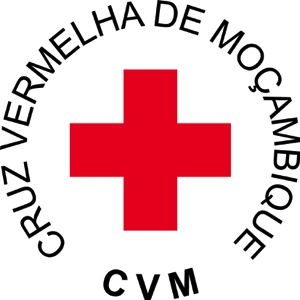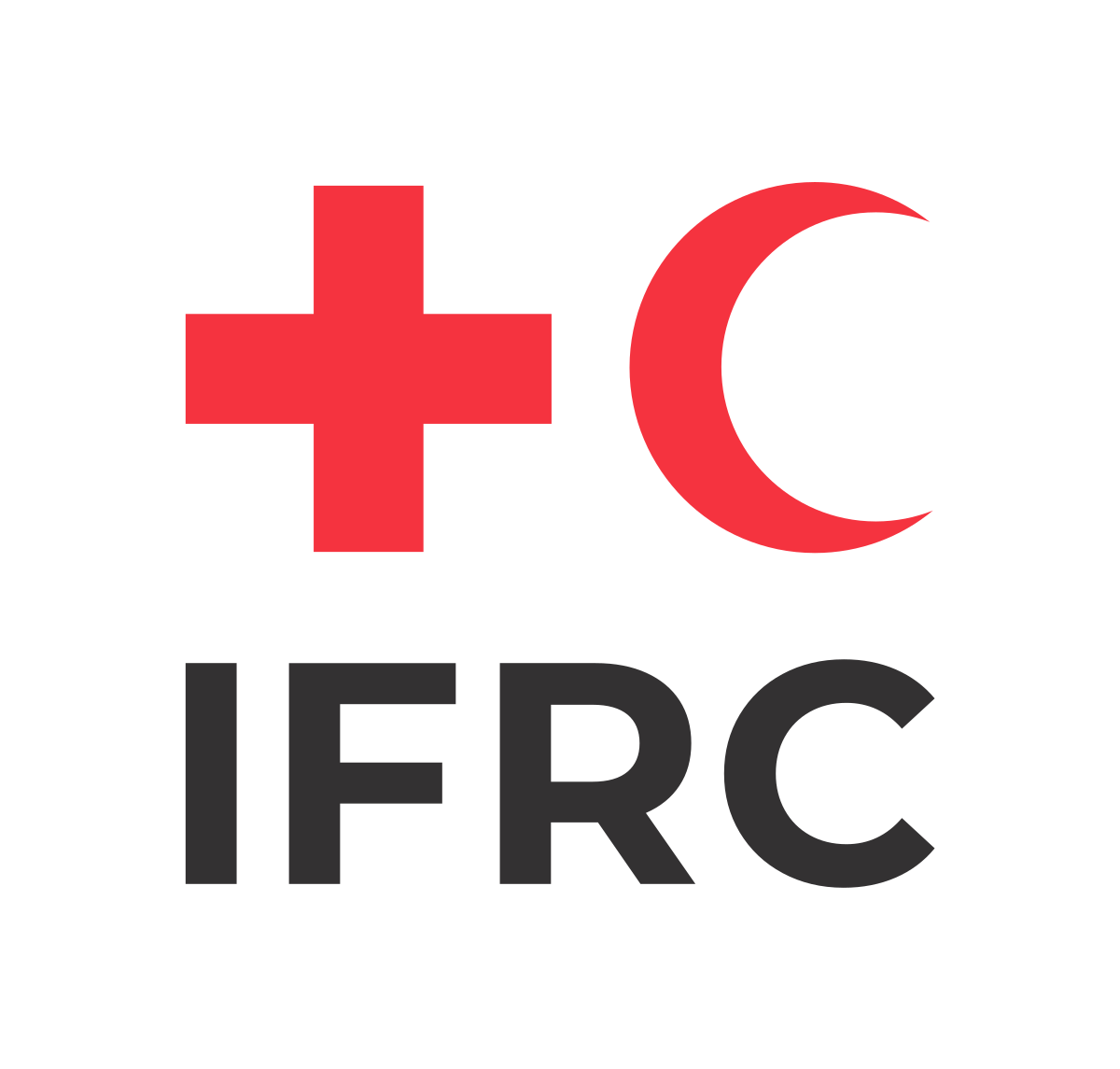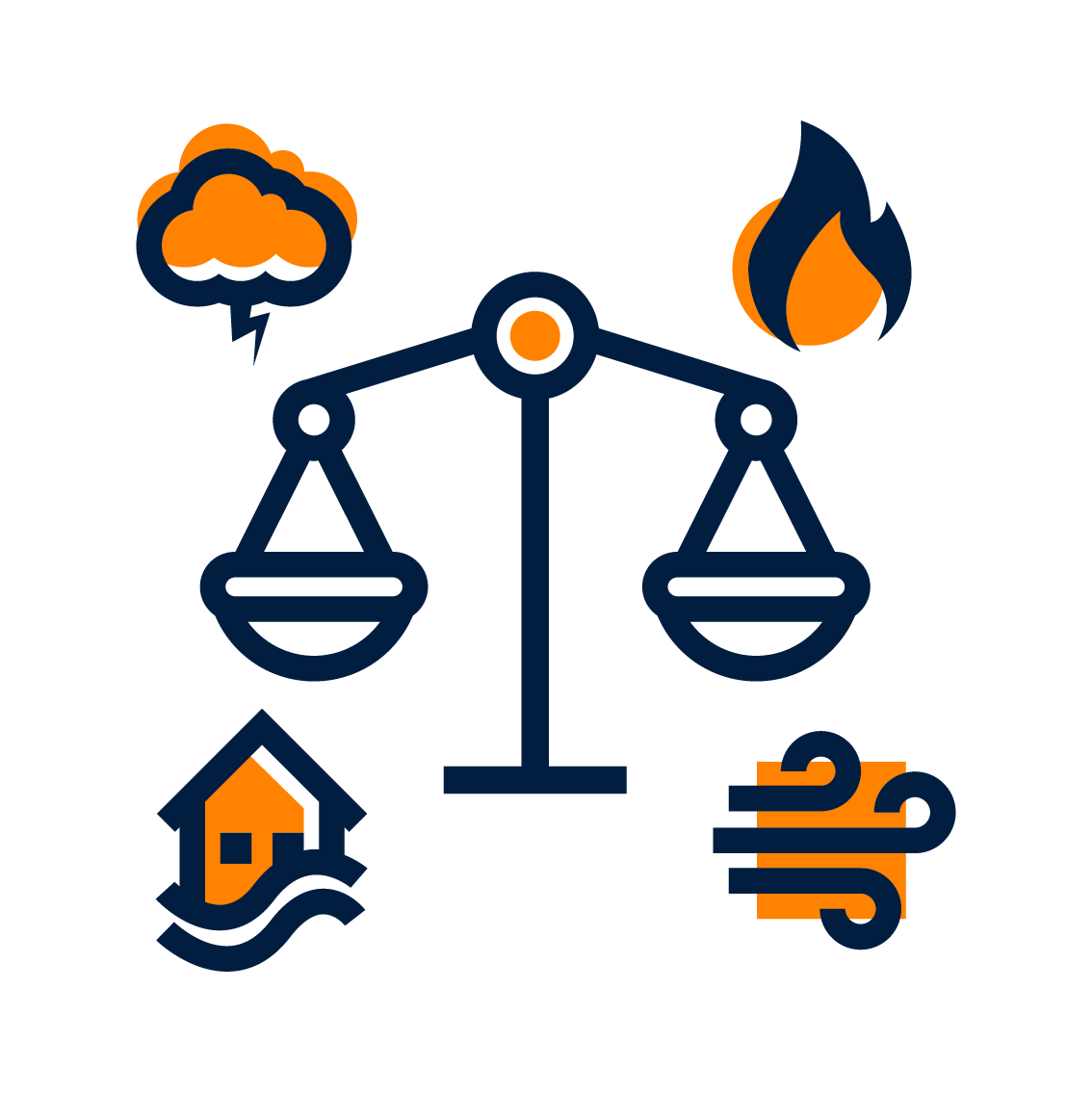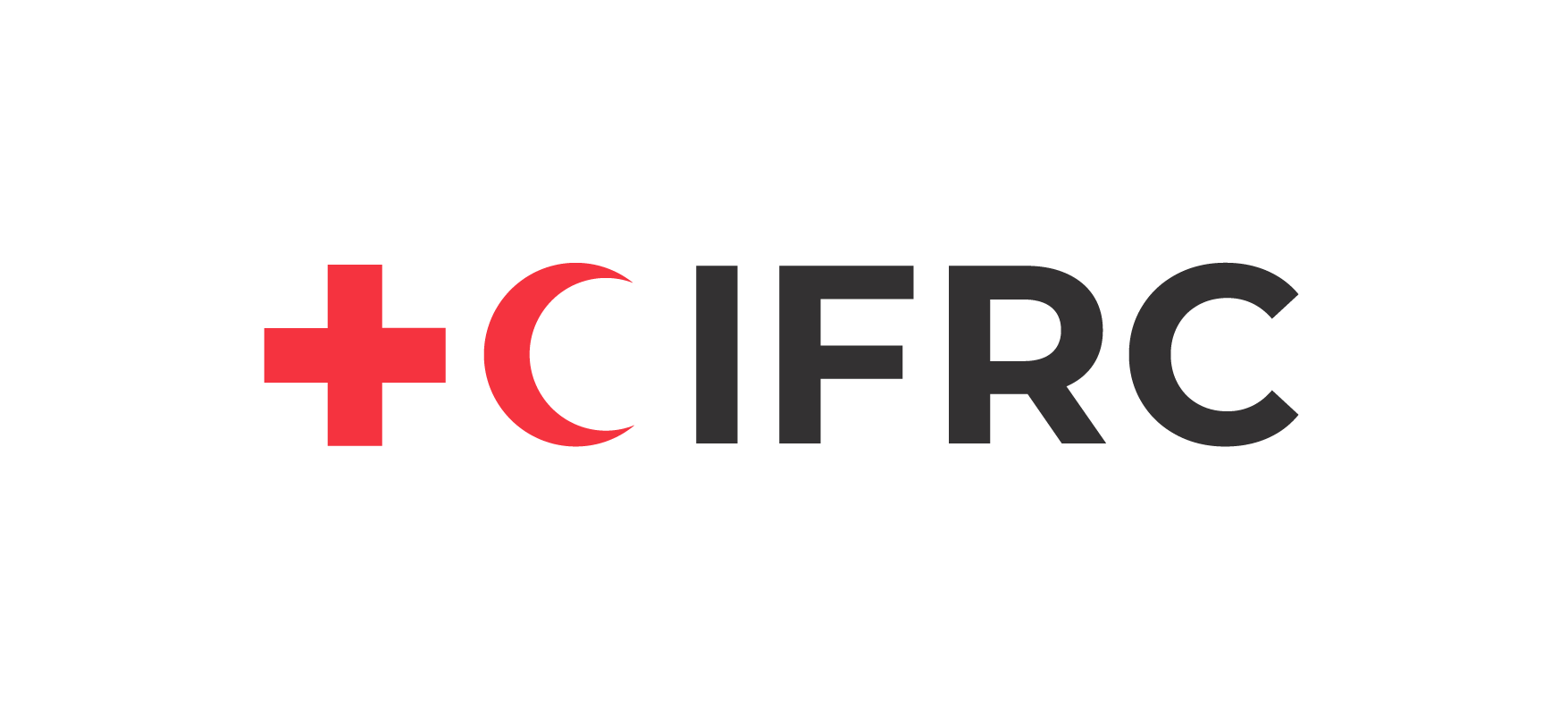
Mozambique
KEY INFORMATION
National DRM Office/Agency : The National Institute for Disaster Risk Management and Reduction (INGD)
DRM Law: Law 10/2020 (approving the Law on Disaster Risk Reduction and Management) and Decree 76/2020 which approves the regulations of Law 10/2020Disaster Management Act 57 of 2002
Key soft law instruments : National Policy on Disaster Management (1999) , Disaster Risk Reduction Master Plan 2017 – 2030
IDRL mapping : Legal Preparedness for International Disaster Assistance in Mozambique: Mapping of Domestic Laws and Policies
For any questions relating to Disaster Law in Africa, please contact the IFRC Disaster Law Africa Team: stella.ngugi@ifrc.org.
Click on an icon to scroll down

The IFRC may have access to additional legal facilities relating to international disaster assistance in Mozambique by virtue of a legal status agreement in place in the country. IFRC Operations colleagues are encouraged to contact the IFRC Legal Team jerome.masse@ifrc.org for further information and advice in this regard.

NATIONAL SOCIETY LEGAL FACILITIES
Decree 7/88 of 17 May 1988, which recognizes the Mozambique Red Cross Society as a voluntary aid society, assisting the Public Authorities, in accordance with Article 26 of the First Geneva Convention, does not contain specific facilities for the National Society relating to disaster preparedness and response.
However, the Society may benefit from customs duty exemptions relating to goods imported and meant for use solely for the purposes of the Society’s objectives by virtue of Ministerial Diploma 55/87 .
The National Society should be contacted directly to determine whether any legal facilities are enjoyed in the country.
For support in contacting the National Society in this regard, please contact the IFRC Africa Disaster Law Team: stella.ngugi@ifrc.org.

LEGAL FACILITIES FOR INTERNATIONAL ASSISTING ACTORS
General
Law 10/2020 (the 2020 DRM Law) contains several provisions which relate to legal facilities for international assisting actors. As a starting point, article 38 of the 2020 DRM Law on emergency assistance provides that the entity responsible for disaster risk management and reduction must ensure humanitarian assistance to disaster victims and that once a red alert has been activated, the government can establish migratory, customs, and fiscal facilities. This may include the suspension of payment of fees adjusted to the specific situation, indicating its duration, as proposed by the Coordinating Entity for Disaster Management and Risk Reduction (the INGD). Furthermore, assets for operational readiness benefit from tax facilities. A similar provision is included in article 30 of
Decree 76/2020 which approves the regulations of the 2020 DRM Law. Further details are not provided in the 2020 DRM Law or Regulations. Although it does not specify its applicability to international disaster assistance, article 42 of the 2020 DRM Law provides that when an orange or red alert is activated, the entity responsible for DRM and DRR and can enter into contracts using an exceptional regime for the acquisition of goods and the provision of emergency services for humanitarian assistance.
In terms of policies, the National Policy on Disaster Management (1999) indicates in Chapter V that appropriate measures should be taken in the sectors to guarantee a regular flow of the necessary logistical resources and communication for timely and effective humanitarian assistance to the affected areas. Once an emergency situation has been declared in an area, administrative measures such as those relating to the payment of fiscal obligations and customs duties, entry visas and others can be suspended in accordance with the law.
Landing Rights
The Civil Aviation Law 21/2009
establishes in article 8 that the government is responsible for ensuring the implementation of the Convention on International Civil Aviation (the Chicago Convention) and its Annexes. Specifically, Annex 9 of the Chicago Convention provides procedural guidance for the clearance of aircrafts containing humanitarian assistance in response to disaster. In addition, article 12(3) of the Civil Aviation Law provides that domestic aerodromes can be used by international traffic in cases of emergency, search and rescue operations, or through special exemptions issued by the Aeronautical Regulatory Agency, which may facilitate the landing of humanitarian relief flights in disaster situations.
Registration of international assisting actors
The 2020 DRM Law does not provide a special procedure for the registration of international assisting actors in disaster situations. However, Decree 55/98 provides the legal framework that defines the criteria for authorisation, objectives to be achieved, and mechanisms for the performance of foreign NGOs in Mozambique in the context of inter alia emergency, rehabilitation, or development programmes and provides a list of documents required for the application. Decree 55/98 establishes in article 5 that the Minister of Foreign Affairs and Cooperation is responsible for authorising foreign NGOs to commence activities in Mozambique and provides details regarding the application requirements.
For further information, refer to Legal Preparedness for International Disaster Assistance in Mozambique: Mapping of Domestic Laws and Policies which identifies the sectoral laws generally applicable to various aspects of international disaster relief in Mozambique and examines whether there are any provisions which may indirectly facilitate international disaster assistance or contact the IFRC Africa Disaster Law Team: stella.ngugi@ifrc.org.

IFRC CUSTOMS PROCEDURES
Global Humanitarian Services and Supply Chain Management resources and tools for the IFRC are available on FedNet and may be accessed here.

IDRL INSTRUMENTS
IFRC Disaster Law is globally recognized as a leader in International Disaster Response Law (IDRL), and has developed a suite of tools to support the development of laws and policies which mitigate the common regulatory barriers which arise in international disaster response operations:
The Guidelines for the Domestic Facilitation and Regulation of International Disaster Relief and Initial Recovery Assistance (IDRL Guidelines).
The Model Act for the Facilitation and Regulation of International Disaster Relief and Initial Recovery Assistance (IDRL Model Act).
The Model Emergency Decree for the Facilitation and Regulation of International Disaster Relief and Initial Recovery Assistance (IDRL Model Emergency Decree).
The Checklist on the Facilitation and Regulation of International Disaster Relief and Initial Recovery Assistance (IDRL Checklist).

